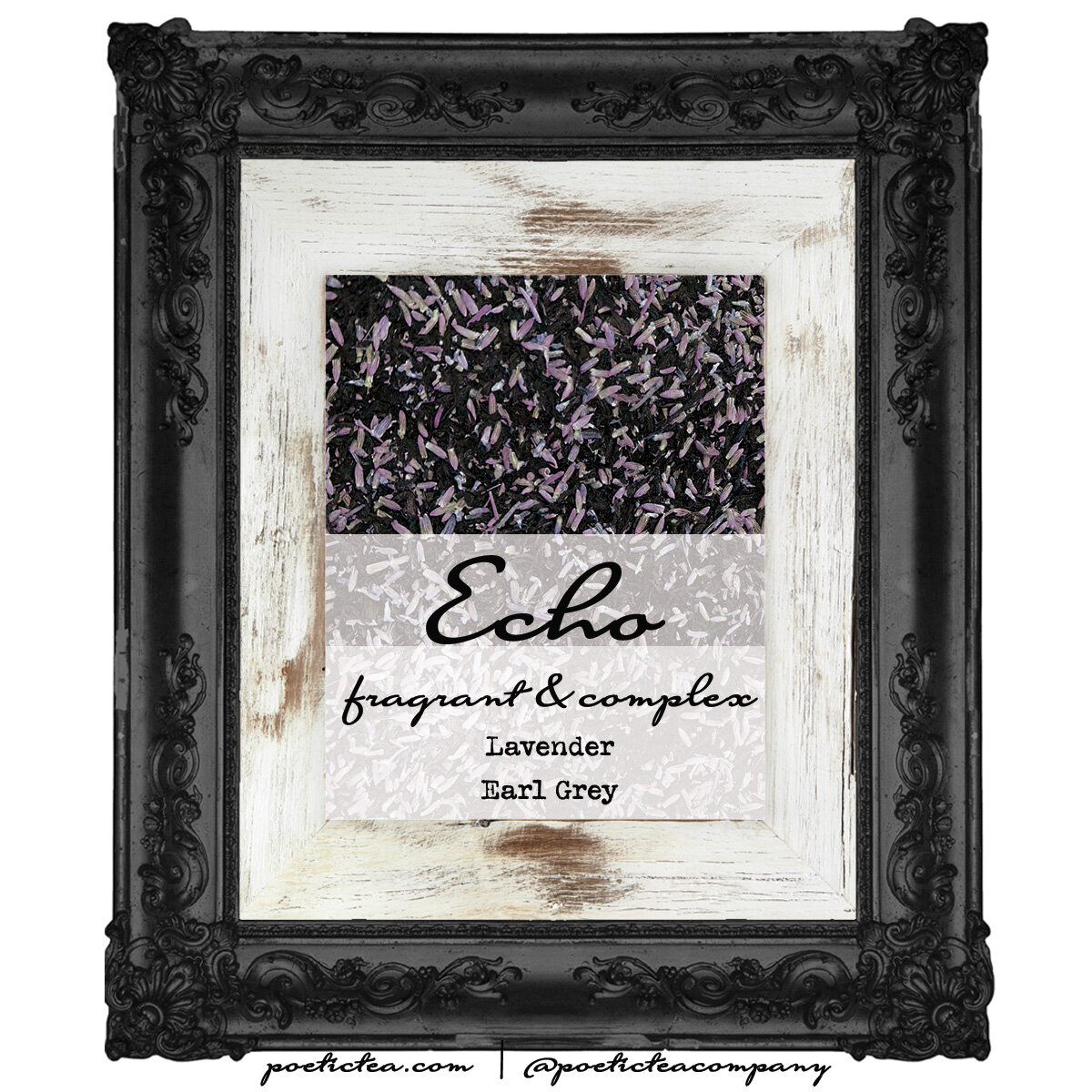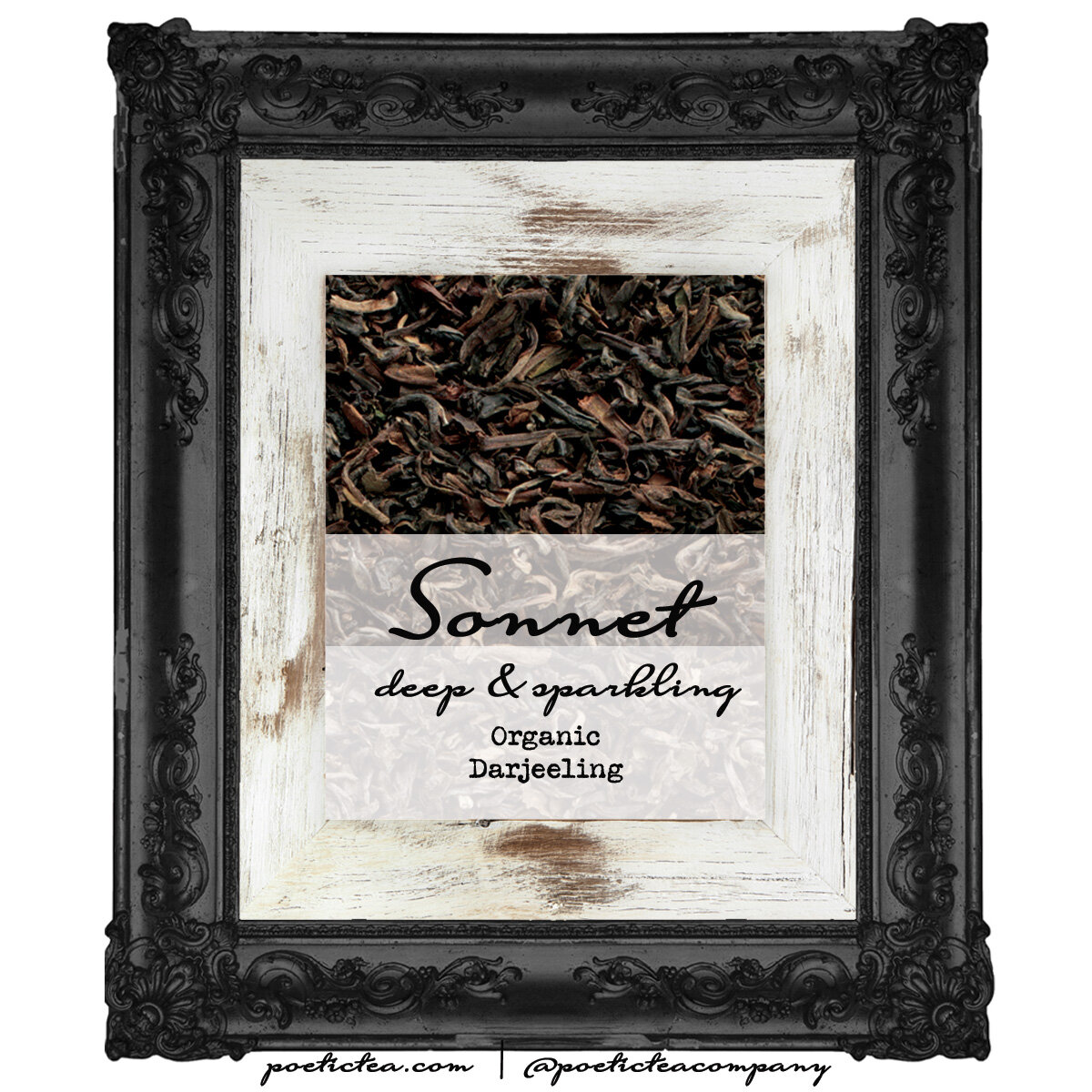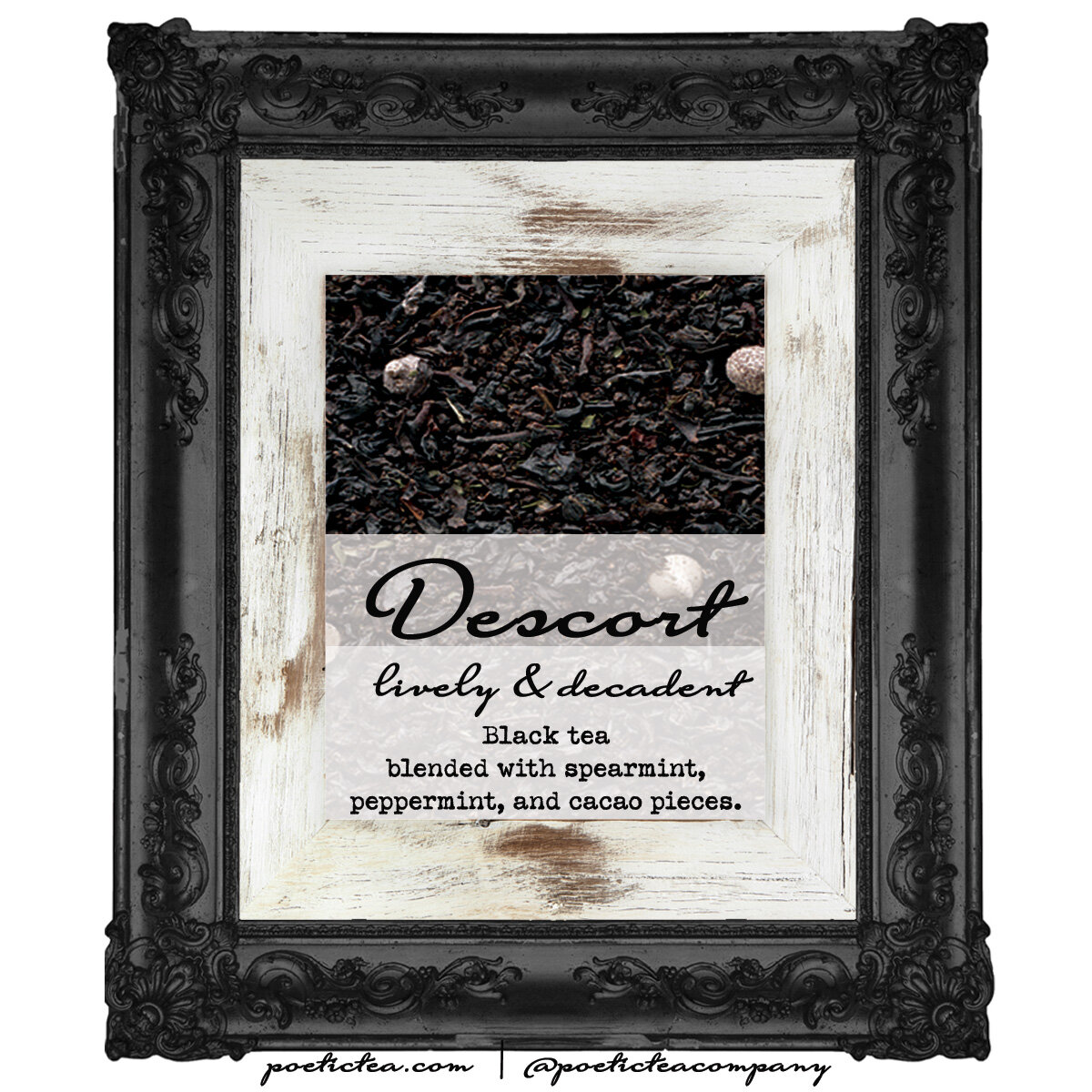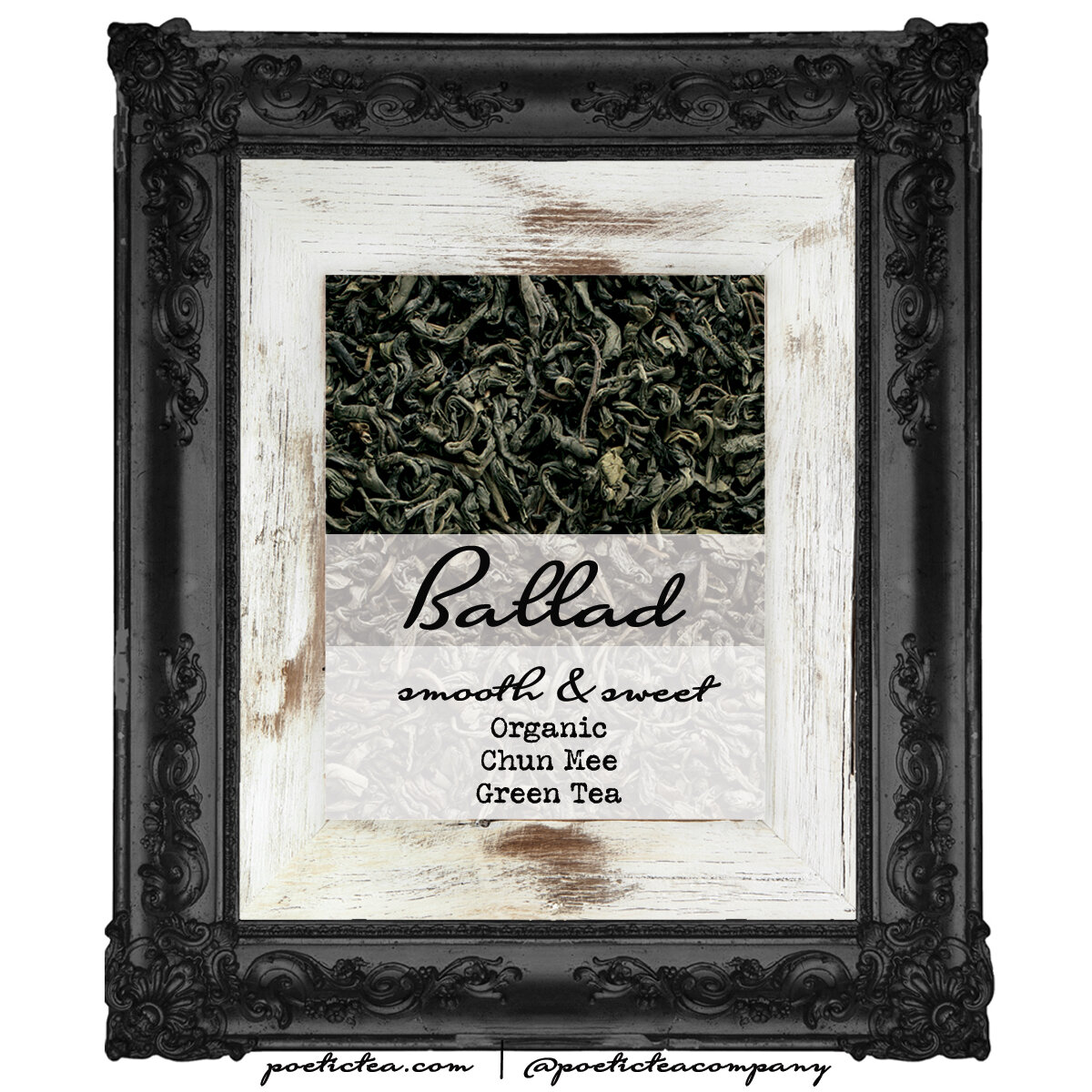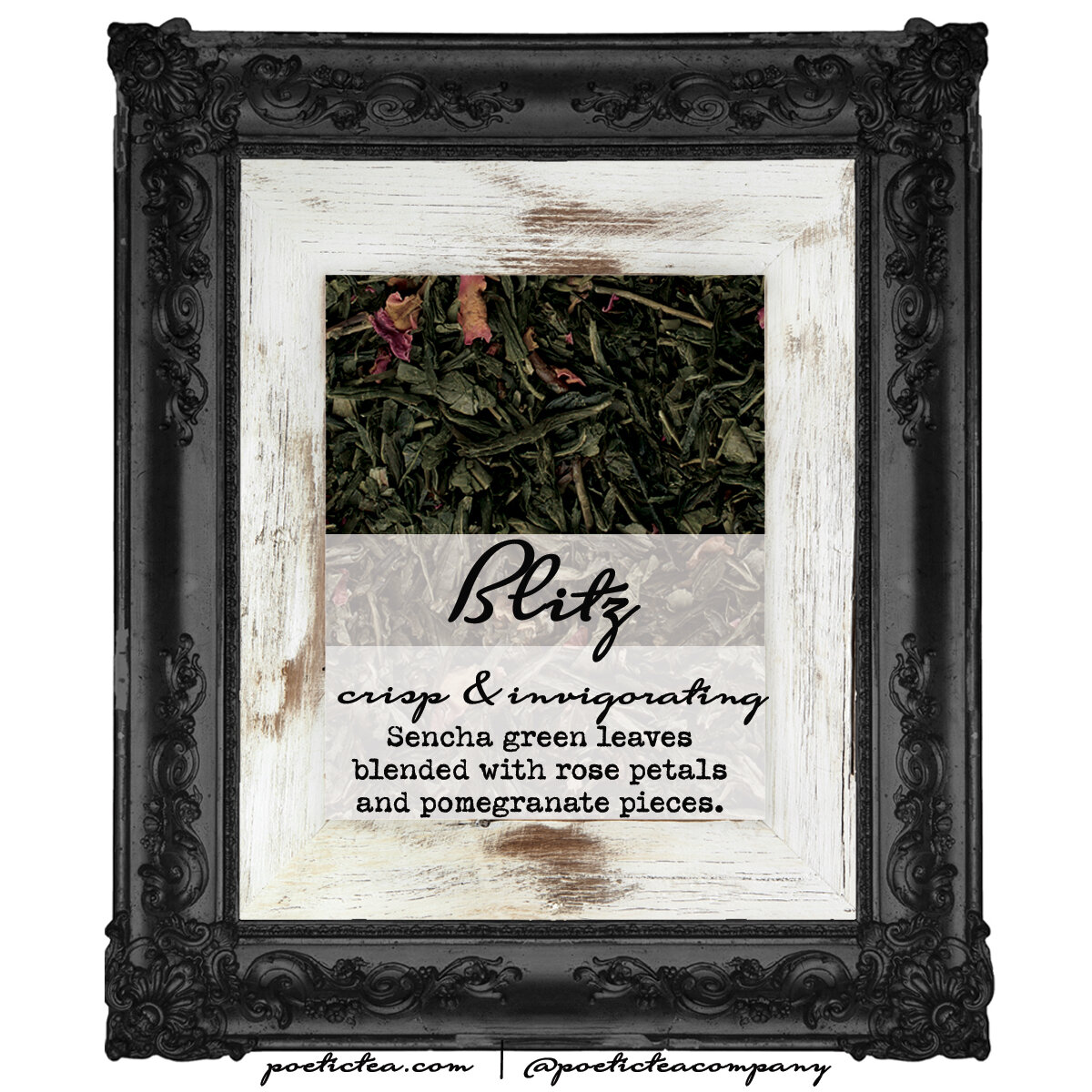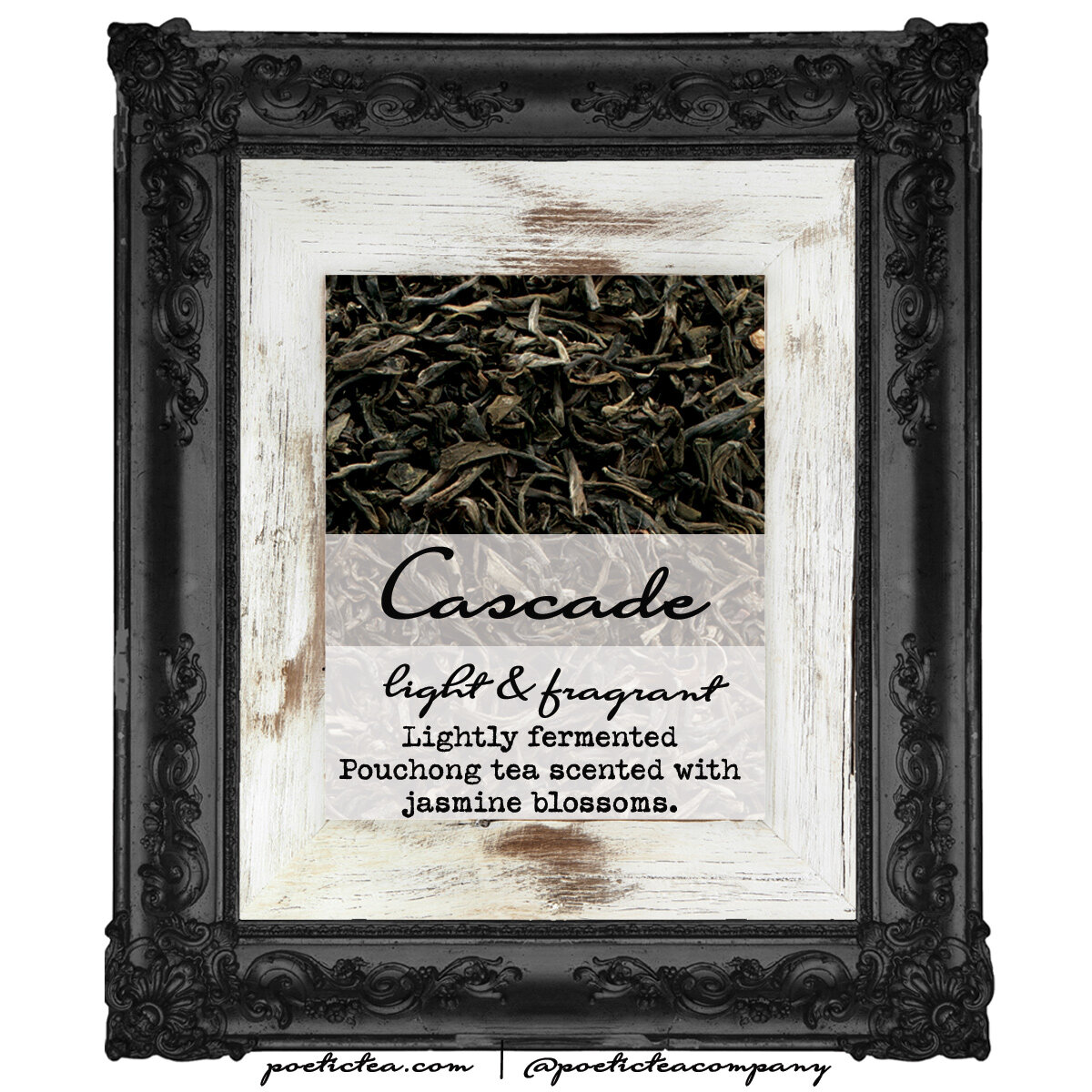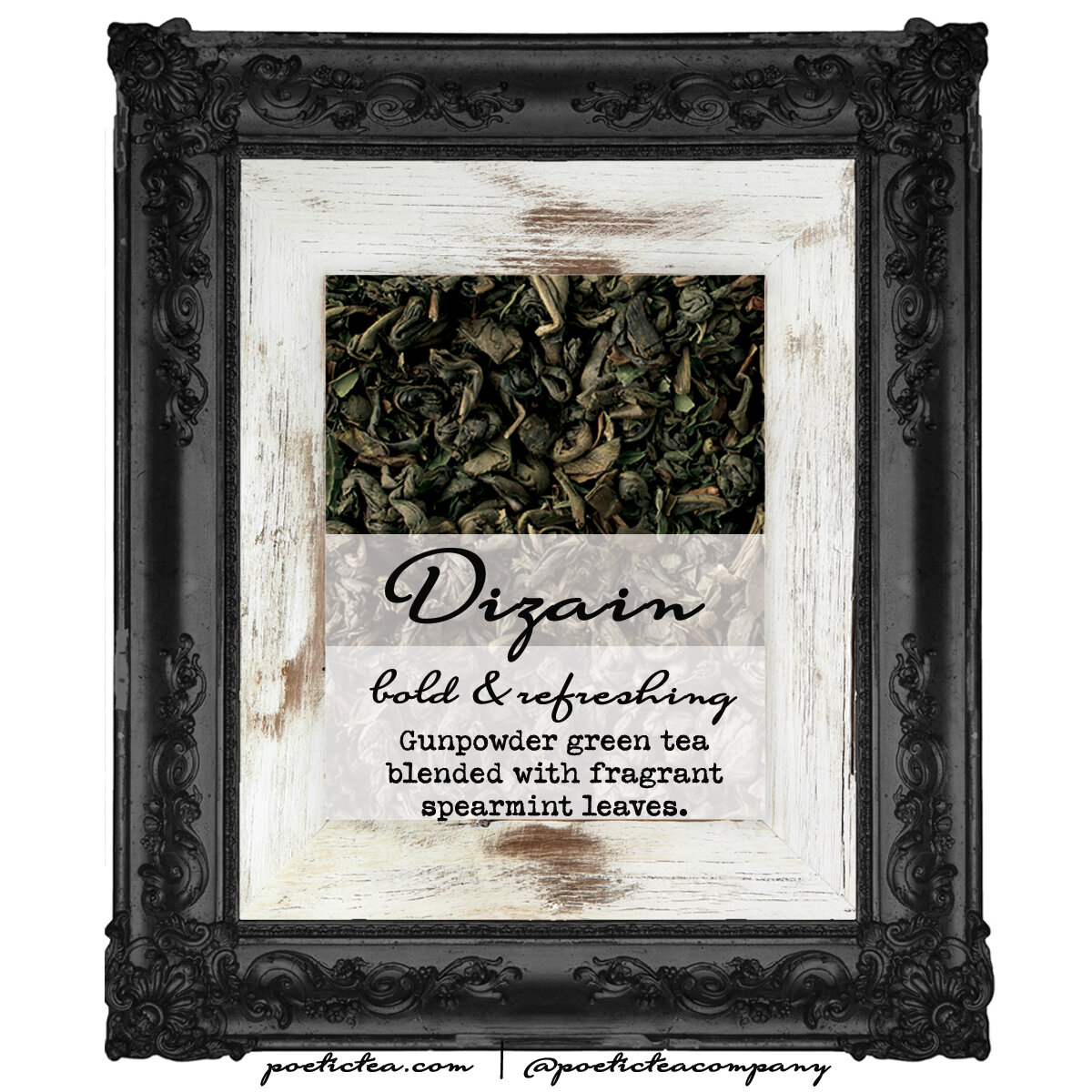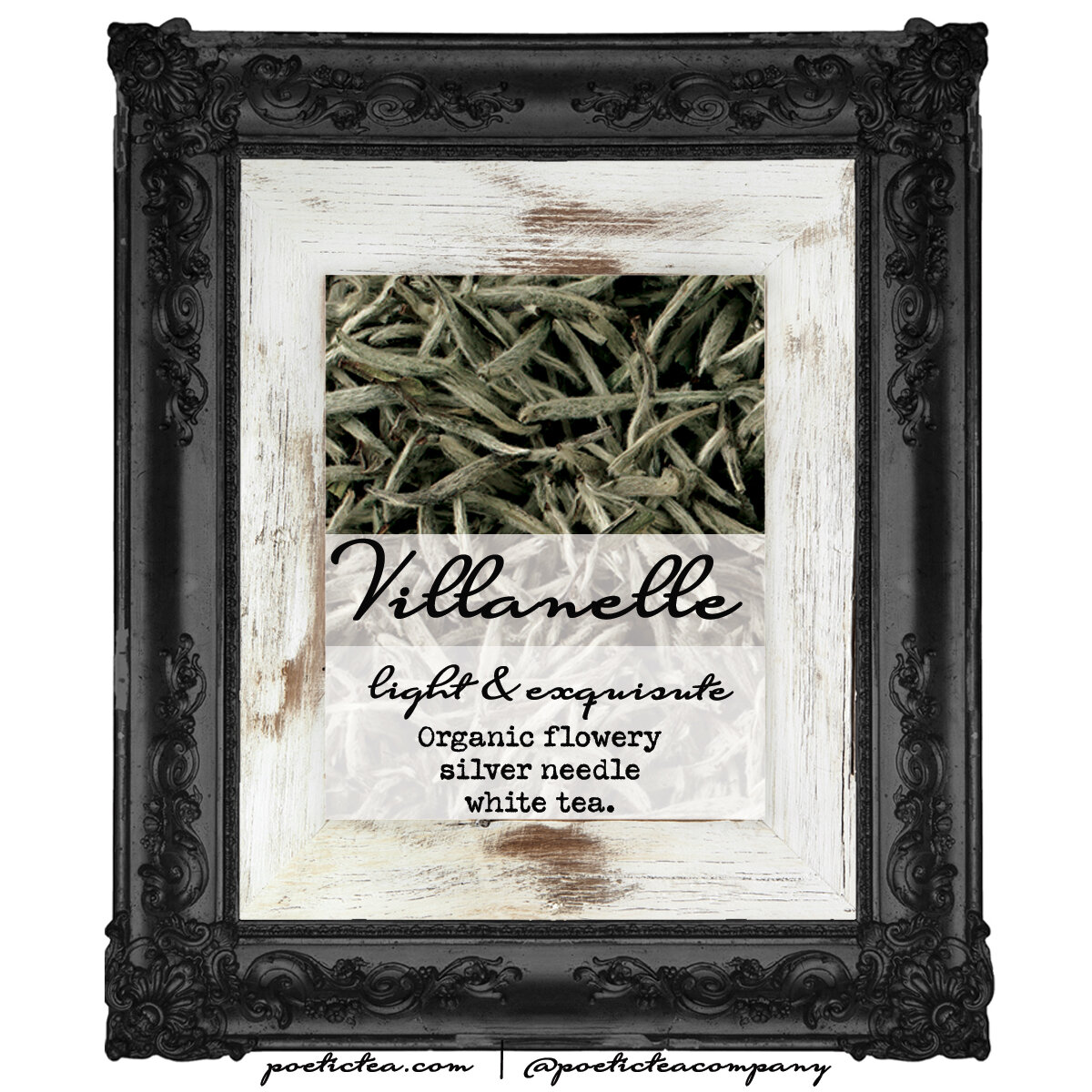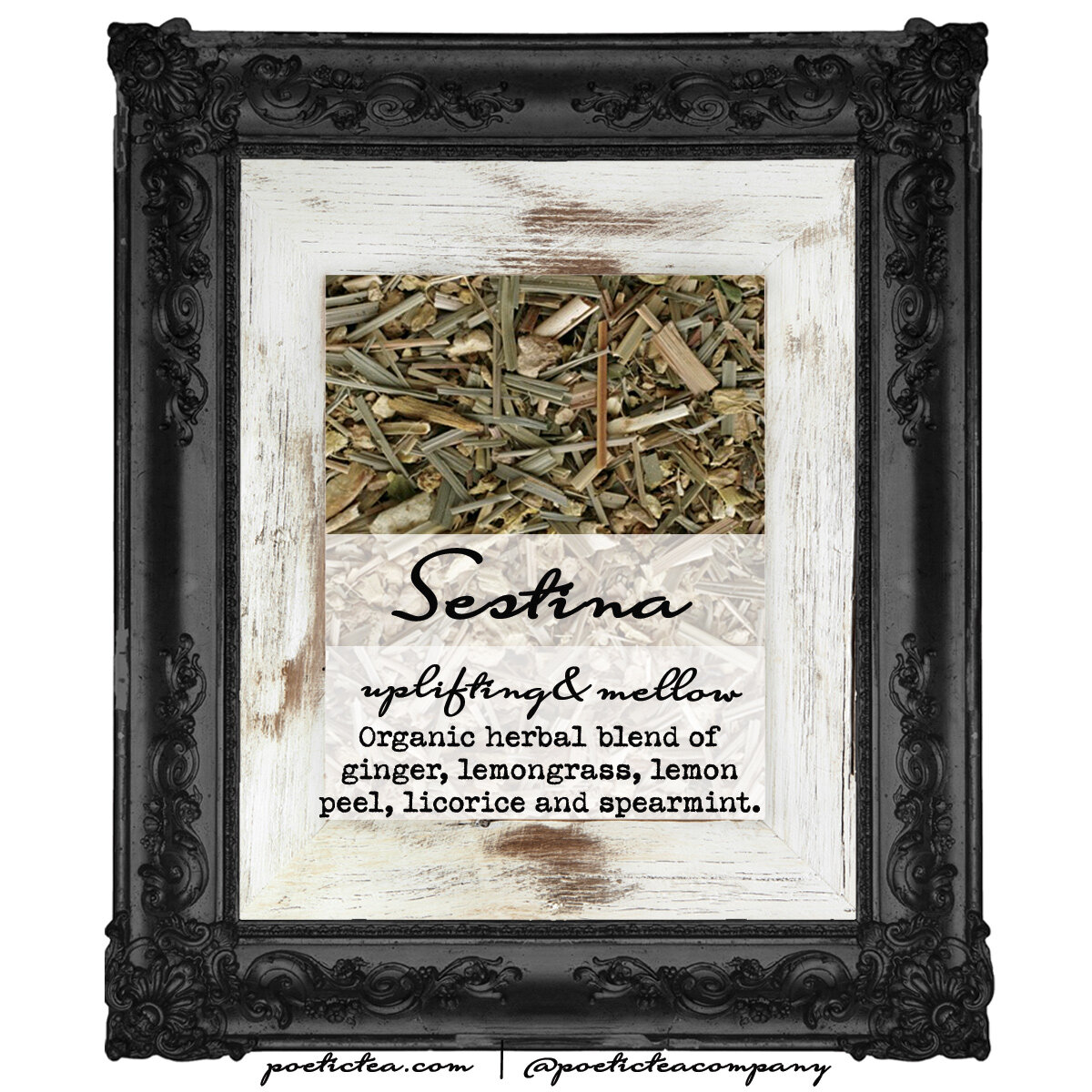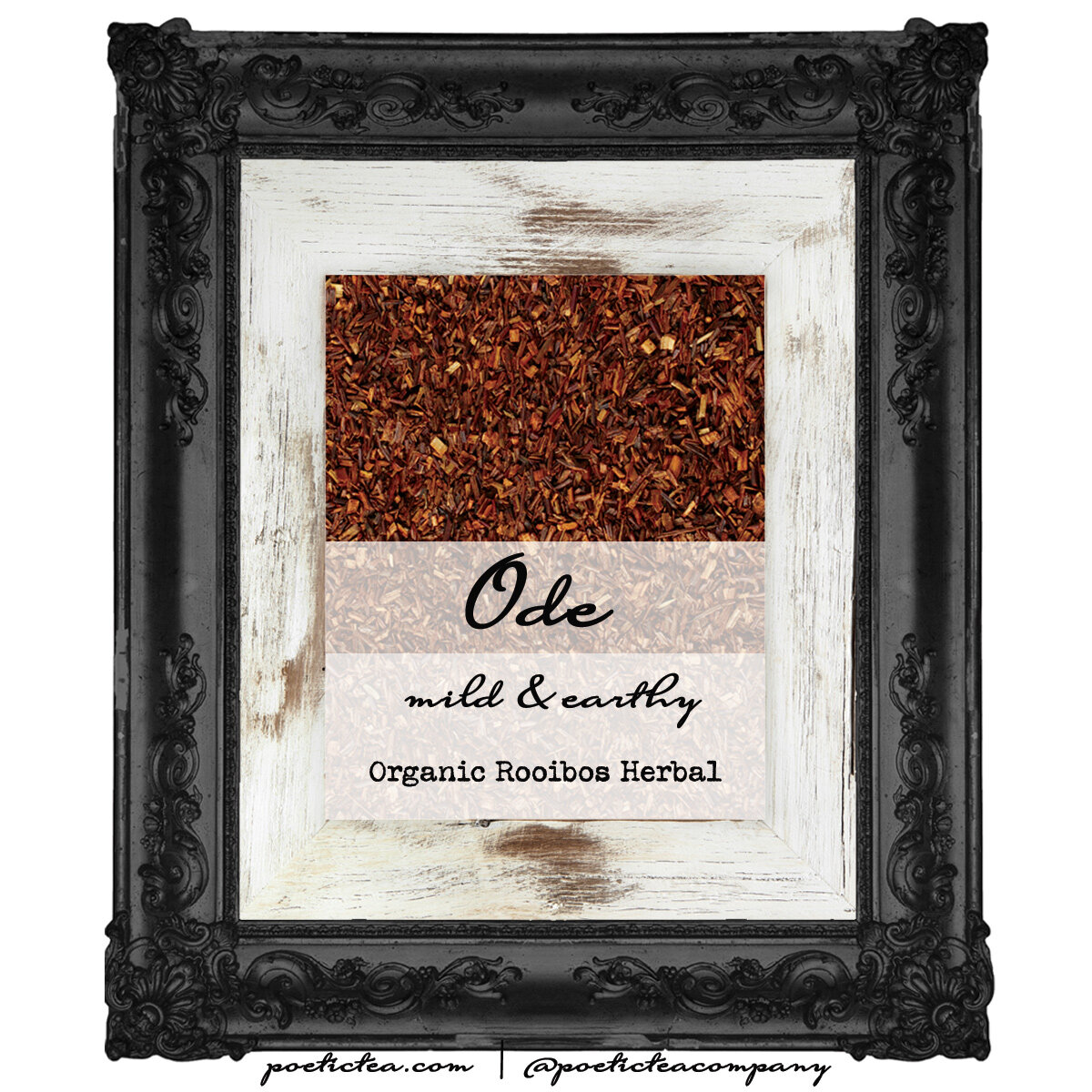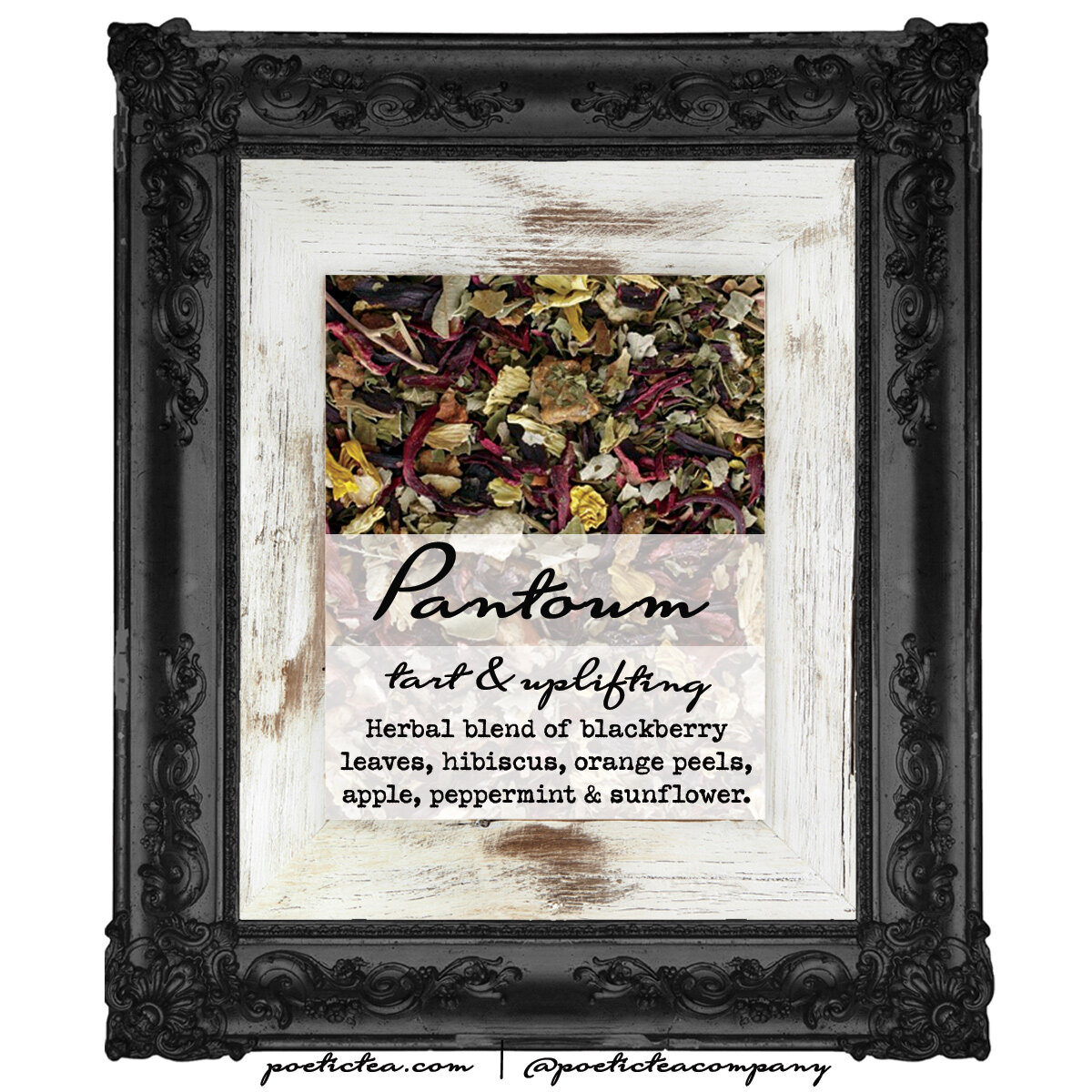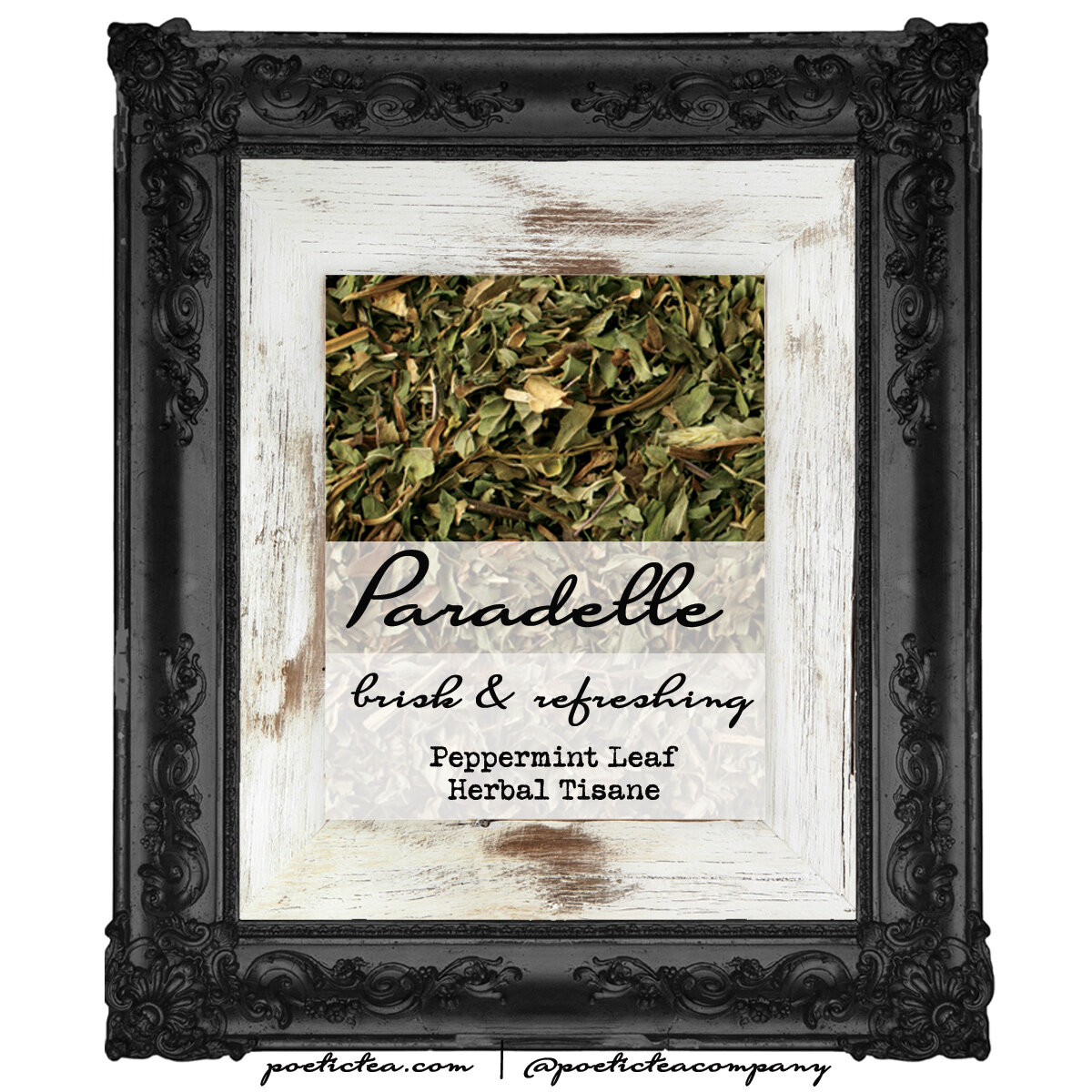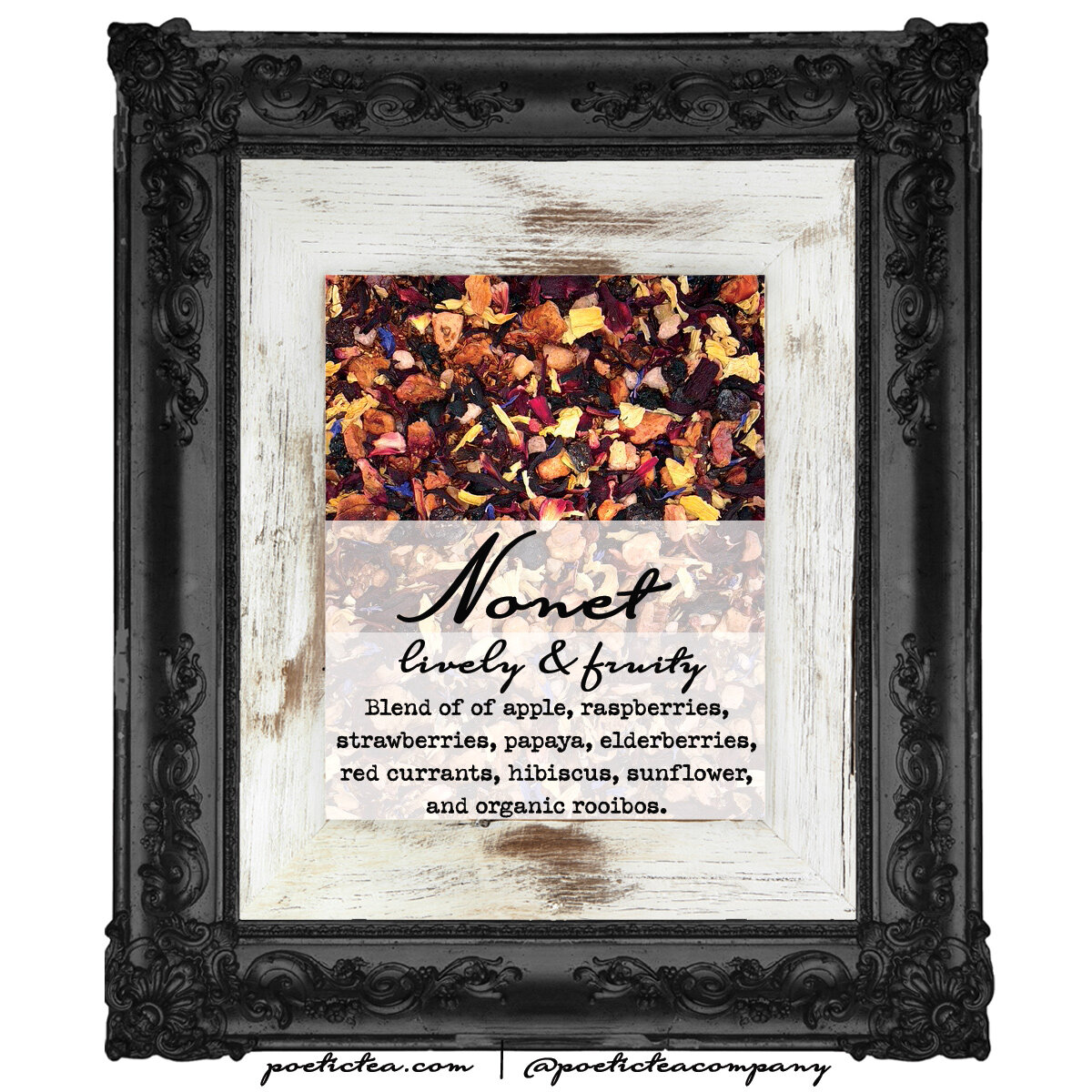Tips for Brewing Tea
Personal preference, water-to-tea ratio, water temperature, tea type, tea filters, steeping time, and the quality of your tea and water are the main considerations when it comes to brewing a perfect cup of tea. Here are some tips on how to brew the best possible cup of tea for you:
Start with quality tea. You won’t brew a good cup of tea if your tea is low-quality, over-handled, and/or expired to begin with. Individually wrapped, boxed teas at the supermarket are convenient, but they fail in comparison to fresh, high quality, artisanal loose teas. When you choose your tea, ensure it has a distinct scent (if it doesn’t offer much of a scent, chances are good it’s stale and won’t render the best flavor when brewed). Typically, the bigger the leaves, the better. Due to demand (next to water, tea is the most-consumed beverage on the globe), most tea has been factory-processed, and it’s simply not possible for everyone to get the highest quality, hand-processed, artisanal teas from across the world. However, there are still many fine, factory-processed teas that will make you happy when you drink them. The main thing is to use your sense of sight and smell to make a judgment on whether your sense of taste will approve. In terms of organics, and as someone who tries to consume organics as much as possible, I know that sometimes we have to veer away because of availability, affordability, or the inability of the grower to certify some elements as organic. One thing I recommend as part of the tea brewing ritual, is to quickly rinse and strain the leaves with boiling water to cleanse and open them up. Once strained, go about brewing your perfect cup of tea.
Water is important when brewing tea. As a rule of thumb, one rounded teaspoon of loose tea is an ideal ratio to each eight-ounce cup of water. Tea responds best when it is submerged in water that started out cold and filtered. Once your water has boiled, pour it over your tea (as opposed to adding your tea to your water). It is important to remember that herbal teas and dark-brew teas (like black tea, Darjeeling, Pu-erh, and some oolongs), can withstand higher brewing temperatures. The more delicate light-brew teas (such as green tea, yellow tea, and white tea) are best brewed when the water has been given a chance to cool for a minute or two. If your green tea ever tastes bitter or astringent, chances are good that your water was too hot when steeping. Try letting the boiled water cool a minute or two before steeping and see if that helps make the flavor of your tea more enjoyable.
Each tea type prefers its own brewing time. Dark-brew teas tend to be better with longer brew times (generally between three and five minutes). Light-brew teas tend to prefer shorter brew times (typically between two and three minutes). Herbal and fruit tisanes do best when maximum flavor is extracted by brewing at higher temperatures for longer periods of time, so it’s fine to brew herbals for as long as you want, but generally at least five minutes at the hottest possible temperature is best. See the brewing guide below for more detail.
Tea filters are not created equal. There are many options when it comes to filtering your tea to make straining and clean-up a breeze. Finding what fits your personal preference is important. You can choose from tea balls, over-the-cup strainers, in-cup strainers, in-pot strainers, infuser bottles, and tea bags that are heat-sealable or have drawstrings. Some tea bags contain polypropylene, which is a plastic, so if you’re like me and sensitive to the idea of brewing up plastic with your tea, ensure you’re using polypropylene-free tea bags.
Personal preference tops everything else. When it comes down to it, your tea drinking experience is yours alone. Whether you prefer strong tea, sweet tea, milk tea, scented tea, green tea, spiced tea, iced tea, or naturally decaffeinated herbal or fruit tisanes, it’s your business. Experiment to find what works for you and your taste buds. I am optimistic that there is at least one healthy, go-to tea infusion for everyone (even for those who don’t think they like tea). Just as there will be some teas that don’t fit your palate, there will be others that do and it can take time and experimentation to find something you love. I have found that a rotation of two or three different teas and tisanes throughout the day works great for me. I would love to hear what you have found to fit your healthy tea habit! Please comment below if so inclined.
Tea Brewing Guide
Black Tea: 4-5 mins
Oolong & Jasmine: 3-4 mins
Pu-erh: 2-4 mins
Darjeeling: 3 mins
Green Tea: 1-3 mins
Yellow Tea: 1-2 mins
White Tea: 2-3 mins
Herbal & Fruit Tisanes: 5 mins+
Brewing Poetic Teas and Tisanes
Brewing Dark Teas
Steep between three and five minutes depending on specific tea type and personal preference. Strain, and if desired, immediately sweeten and add milk.
Brewing Light Teas
Steep between one and three minutes depending on specific tea type and personal preference. Strain, and if desired, immediately sweeten and add lemon.
Brewing Herbal and Fruit Tisanes
Steep at least five minutes depending on personal preference. Strain, and if desired, immediately sweeten and infuse with complementary fruit, spice, and herbs.


